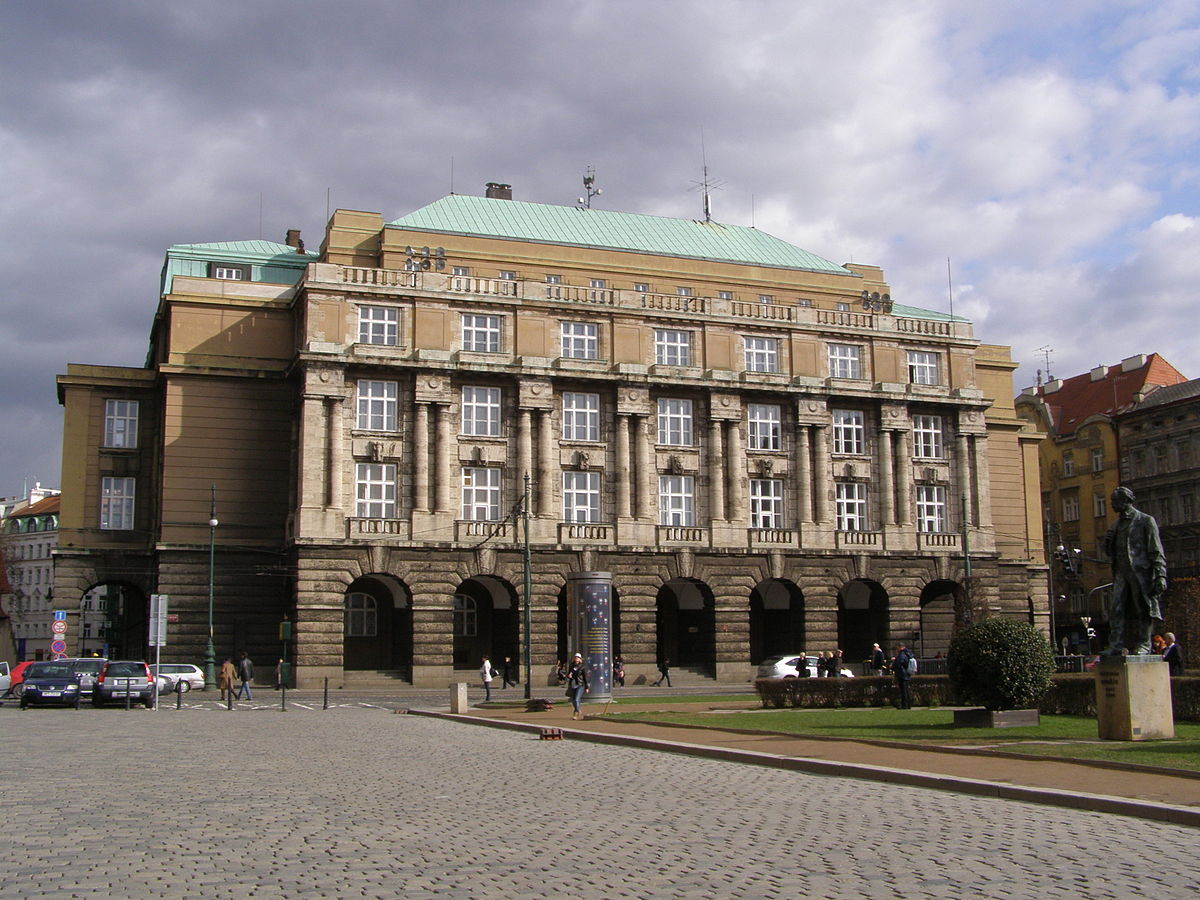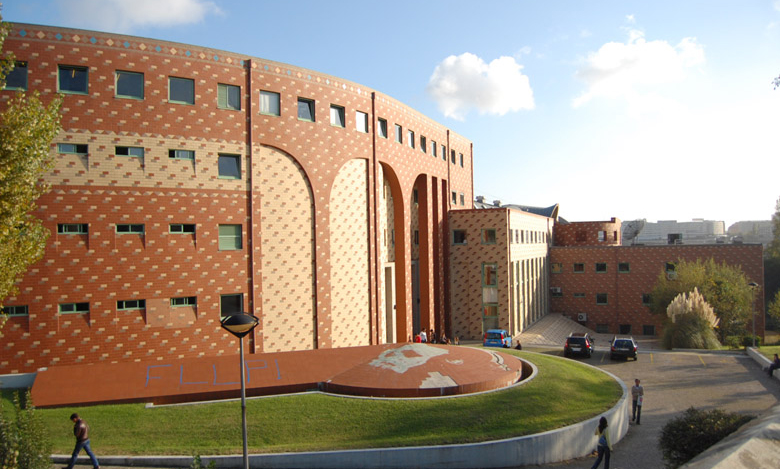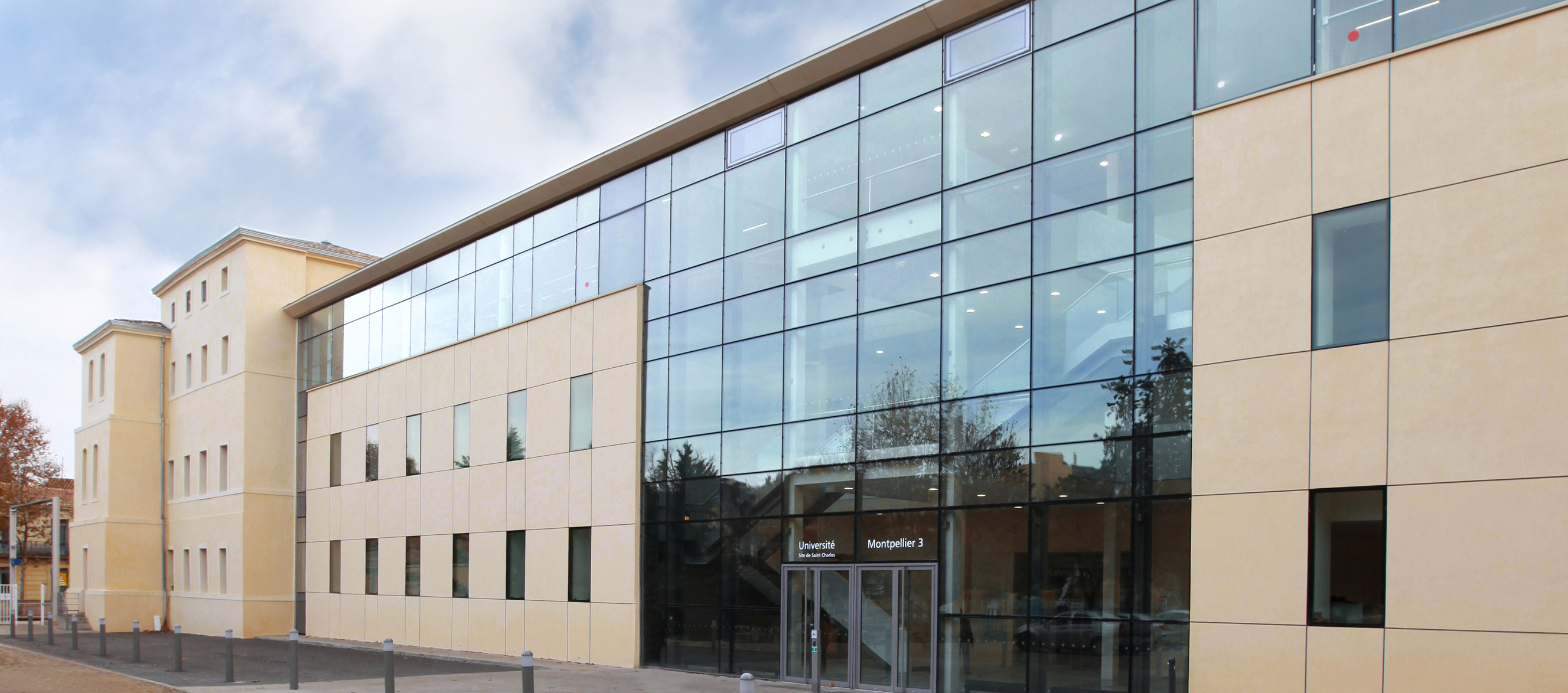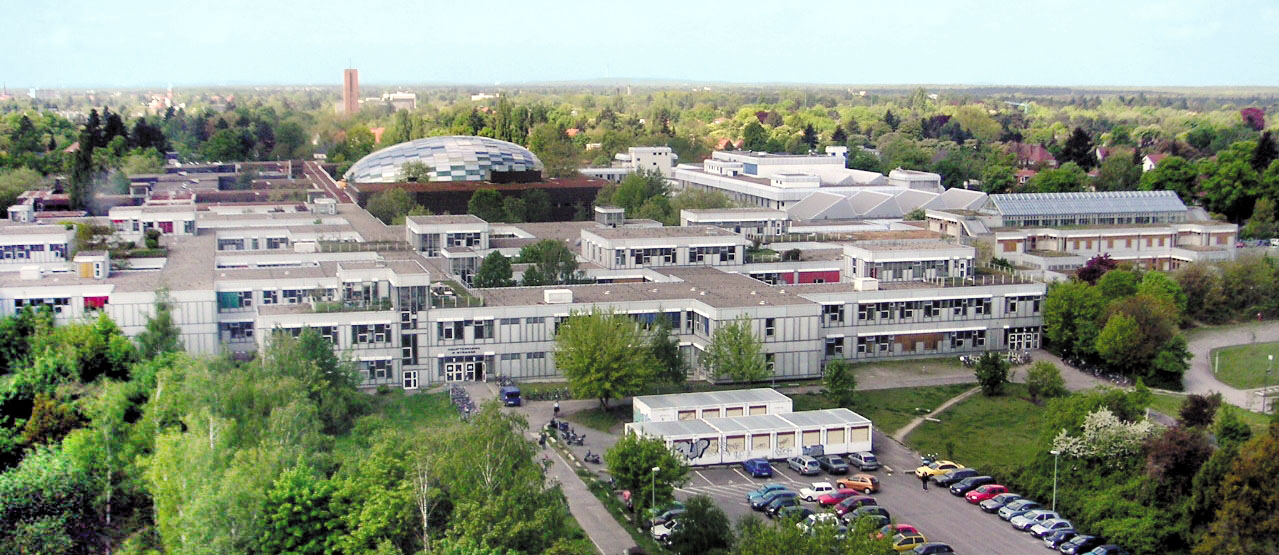Charles University, Prague
Universidade do Porto
Université Paul-Valéry Montpellier 3
Freie Universität Berlin
University of Kent
Charles University, Prague
Charles University, founded in 1348, is, with its almost 51,000 students, the largest and best-rated Czech university according to international rankings (among the best 2 percent). With its 10 research centres including, e.g., the Institute for the Study of Strategic Regions, and involved in a number of international networks, the Faculty of Arts ranks among the most important research institutions in the humanities and social sciences in Central Europe. In 2018, the Faculty of Arts was awarded a substantial grant from the European Structural and Investment Funds (ESIF) in the Operational Programme Research Development and Education for a large interdisciplinary project KREAS (Creativity and Adaptability as Conditions for the Success of Europe in an Interrelated World).
The interdisciplinary theoretical research of the Department of Anglophone Literatures and Cultures contributes to the KREAS project and focuses on the transformations of communication and verbal arts throughout modernity, influenced by scientific and technological changes, emergence of the new media and entertainment industries, imperial expansion and disintegration. Another research strain is the interpretation of cultures in the multi-ethnic and multicultural settings of the globalized world. The PhD research at the department includes activities within the Erasmus Mundus Joint Doctorate TEEME and other international networks (e.g., the HERMES Consortium for Literary and Cultural Studies).
The interdisciplinary research at the Centre of Ibero-American Studies contributes to the KREAS project and is undertaken in cooperation with a number of Spanish, Portuguese and Latin American institutions (in particular, with the Spanish Consejo Superior de Investigaciones Científicas) and focuses, among others, on the forms of migration and slavery, with a significant overlap into the history of migration in North America.

Universidade do Porto
Universidade do Porto is Portugal’s 2nd largest university (over 31,000 students) and biggest producer of knowledge (over 20% of Portuguese academic papers in the ISI – Web of Science). Its Faculty of Arts (FLUP) is an influential training and research institution for the humanities and social sciences. The 3 departments where MOVES is based (Anglo-American Studies; History; Portuguese and Romance Studies) have distinctive strengths in historical and literary research, and a shared focus on intercultural processes. Doctoral research includes both locally based programmes – in History, and in Literary, Cultural and Interart Studies – and international networks such as the Erasmus Mundus Joint Doctorate TEEME.
Research in areas relevant to MOVES is supported by 2 centres, CETAPS – Centre for English, Translation, and Anglo-Portuguese Studies, and CITCEM – Transdisciplinary Centre for Culture, Space and Memory, both funded by the national research agency (FCT).

Université Paul-Valéry Montpellier 3
Université Paul-Valéry Montpellier 3 specialises in Literature, Languages, Arts, Social Sciences and Humanities. It hosts each year approximately 20 000 students, within its 7 faculties and 2 doctoral schools. International students account for 18%, including 1200 in mobility programmes. The 2 doctoral schools with the support of the 20 research units offer about 50 disciplinary fields to its yearly 720 PhD students.
Within the UPVM3, the IRCL, Research Institute on the Renaissance, the Neo-Classical Age and the Enlightenment (Joint Research Unit with the CNRS), studies the shaping of modern thought in Europe, from the Renaissance to the end of the 18th century and encourages interdisciplinary approaches. The IRCL explores three main fields of research: Cultural environments in mutation; traditions, their circulation, transmission and translation in Europe.

Freie Universität Berlin
Founded in 1948, Freie Universität Berlin has developed into a full-spectrum university with currently about 30,000 students. In national and international rankings, it belongs to the best 2 percent of German universities in general. The latest THE rankings in 2015 placed Freie Universität on rank 1 among German universities in the Arts & Humanities. The Faculty of Philosophy and the Humanities has over the recent years always been the best of its kind in raising third-party funding in Germany.
The Institute of English Language and Literature is interdisciplinary in scope, comprising literary, cultural and postcolonial studies and offering links to the other philologies and to history. It offers research opportunities from the Middle Ages to the postcolonial age, with a particularly strong focus on early modern English Literature and Culture and on the effects of colonialism and its expansions on the literatures in English. The PhD research includes activities within EU-based Joint Doctorate Programs and other international networks.
The Friedrich Meinecke Institute for Historical Studies is renowned for its wide range of historical approaches with a strong focus on early modern studies and on global history. It offers research opportunities with regard to topics such as travel, migration, emotions, and mentalities. It is well known for its interdisciplinarity and internationality, which have turned it into a widely acknowledged centre of expertise for politicians, journalists, and the general public.

University of Kent
Established in 1965, the University of Kent – the UK’s European university – has 20,000 students and 3,000 staff across campuses or study centres at Canterbury, Medway, Tonbridge, Brussels, Paris, Athens and Rome. In the Research Excellence Framework (REF) 2014, Kent was ranked 17th in the UK for research intensity, with 97% of its research deemed to be of international quality. In the National Student Survey 2016, Kent achieved the fourth highest score for overall student satisfaction. In 2014, Kent received its second Queen’s Anniversary Prize for Higher and Further Education. Kent is divided into three Faculties: Humanities, Social Sciences, and the Sciences. The two participating academic departments – the School of English, and the School of Politics and International Relations (with a strong presence at the Brussels School of International Studies) – are based in the Humanities and the Social Sciences respectively. Both have significant experience in international collaboration within and outside the EU and a long track record of innovative teaching and interdisciplinary research.







